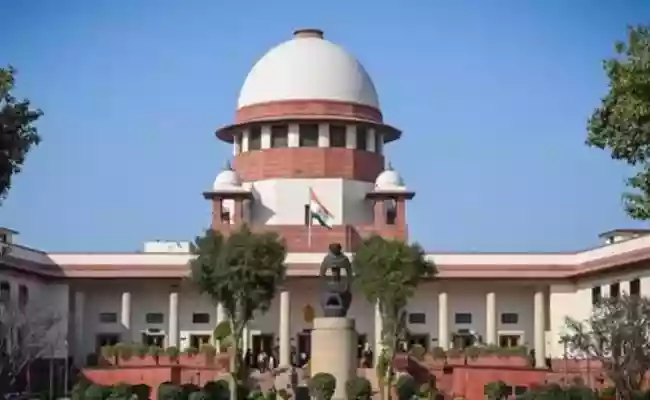.gif)
.gif)

The Supreme Court of India on Thursday ruled that subclassification of Scheduled Castes (SCs) and Scheduled Tribes (STs) to provide separate quotas for the more marginalized among backward communities is permissible. The verdict, delivered by a 6:1 majority, saw Justice Bela Trivedi dissenting.
The Constitution bench, led by Chief Justice of India (CJI) DY Chandrachud, overturned a 2005 judgment that had previously held that state governments had no authority to create sub-categories within SCs for reservation purposes. This ruling paves the way for states to implement policies aimed at addressing inequalities within the SC and ST categories.
The bench, which included Justices BR Gavai, Vikram Nath, Pankaj Mithal, Manoj Misra, and SC Sharma, upheld the Punjab Scheduled Caste and Backward Classes Act, 2006, and the Tamil Nadu Arunthathiyars Act, which were challenged on similar grounds.
In his judgment, CJI Chandrachud emphasized that creating quotas within quotas does not violate the principle of equality enshrined in Article 14 of the Constitution. He pointed out that many members of SC and ST communities often struggle to progress due to systemic discrimination and that subclassification could help address these disparities.
"Sub-classification does not violate the principle of equality enshrined under Article 14 of the Constitution," the court stated. However, it also mandated that the basis for any such subclassification must be supported by quantifiable and demonstrable data provided by the states. The court clarified that states must not act on whims or political expediency and that their decisions in this regard would be subject to judicial review.